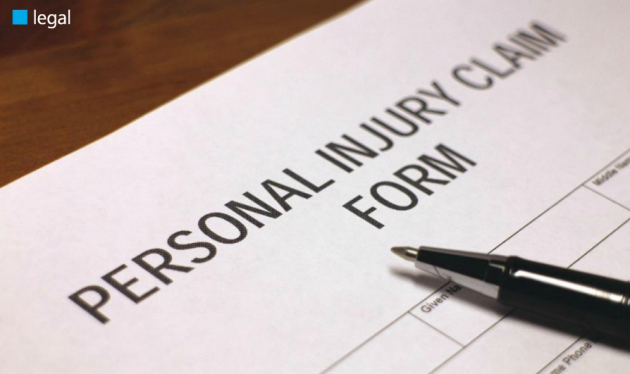Do The Right Thing
How To Avoid Personal Liability As A Condo Association Director
By Jay Roberts, Condo Owner Magazine, February 23, 2015

In Florida, the “officers and directors of the association have a fiduciary relationship to the unit owners.” F.S. §718.111(1)(a)
In its most basic form, a fiduciary duty is an obligation to put the interest of someone else above the self-interest of the fiduciary. In the condominium director context, the director is the fiduciary and breaching of the fiduciary duty is one of the few ways in which personal liability can be imposed against a director. Therefore, condominium directors must understand the laws that govern their relationship with the association.
Directors are protected by the “business judgment rule.” The business judgment rule has been defined by the Eleventh Circuit Federal Court of Appeals (which governs both Alabama and Florida) as follows:
The business judgment rule is ‘a policy of judicial restraint borne of the recognition that directors are, in most cases, more qualified to make business decisions than are judges. The rule’s essential premise is that “absent any wrongdoing, the board’s business decisions should not be foddered for in-depth ex post legal scrutiny.”
International Insurance Co. v. Johns, 874 F.2d 1447, 1458 (11th Cir. 1989) (internal cites omitted).
In other words, absent wrongdoing, courts should not second guess the decisions made by boards of directors. The business judgment rule allows for directors to make decisions for the association without fear that if the decision does not work out well for the members of the association, then the director will be personally liable, so long as the decision made was not based on fraud, self-dealing, dishonesty, or incompetency. Incompetency equates to gross negligence or willful misconduct on the part of the director.
In addition to being governed by the Florida Condominium Act (Chapter 718, Florida Statutes), associations, and their directors, are governed by the Florida Not-For-Profit Corporation Act (Chapter 617, Florida Statutes). Chapter 617 provides for limited statutory immunity from civil damages against directors and officers acting in their official capacity. F.S. §617.0834 The act states that a director or officer is not personally liable for monetary damages to any person for any statement, vote, decision, or failure to take an action, regarding organizational management or policy unless director or officer commits a violation of the listed items in the statute, most of which are discussed in this article. The case law bears out the dictates of this immunity statute.
It is well established in Florida that absent fraud, self-dealing and betrayal of trust, directors of condominium associations are not personally liable for the decisions they make in their capacity as directors of condominium associations. Sonny Boy, L.L.C. v. Asnani, 879 So.2d 25 (Fla. 5th DCA 2004); See, e.g., Perlow v. Goldberg, 700 So.2d 148 (Fla. 3d DCA 1997) (finding directors of condominium associations not individually liable for actions and governance of condominium association); Taylor v. Wellington Station Condominium Association, Inc., 633 So.2d 43 (Fla. 5th DCA 1994) (finding that in general, corporate directors and officers cannot be personally liable for corporate acts absent actual wrongdoing in the form of fraud, self-dealing or unjust enrichment to trigger individual liability).
And finally, there are the issues of indemnification and directors and officers insurance. Indemnification is the act of compensating for the loss or damage sustained by another. Florida law empowers (but does not obligate) corporations, such as condominium associations, to indemnify directors and officers who are sued in the course of performing their corporate duties. F.S. §607.0850, F.S. §617.0831 Indemnification provisions must be contained in the governing documents (i.e. declaration of condominium, articles of incorporation, or bylaws) to be enforceable. Insurance for directors and officers is provided as a proper common expense by the Florida Condominium Act. F.S. §718.115(1)(a) Directors and officers insurance insures for claims made against officers and directors acting in their official capacities, subject to the limitations contained in the policy. It is the author’s opinion that both indemnification provisions and directors and officers insurance are vital protections for condominium association boards.
So as a director or officer, what is the takeaway? If you are acting in the best interest of the membership, the law will very likely shield you from civil liability. If you are sued as an officer or director related to actions taken in your official capacity that were not done in the furtherance of personal wrongdoing and the condominium association’s governing documents provide for indemnification, the association will likely be responsible for the defense costs, and possible judgment, related to the lawsuit. As long as you ‘Do The Right Thing’ by putting the best interest of the association first, personal liability should not be a great concern.
Bookmark the permalink.
Print Version

Leave a Reply